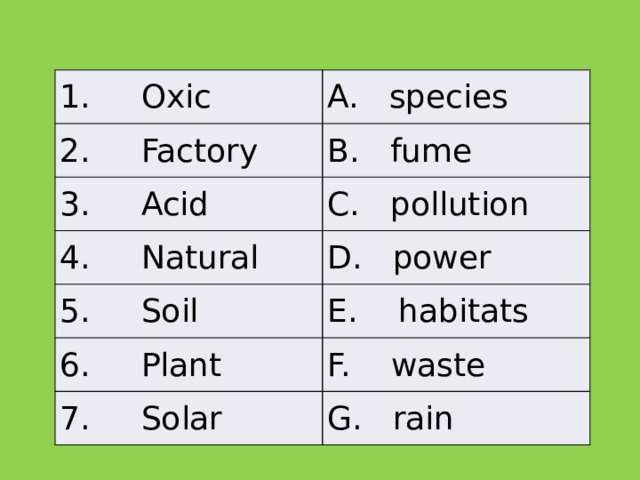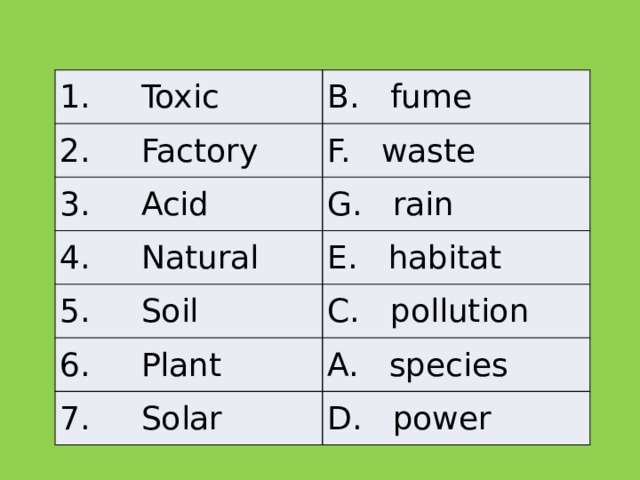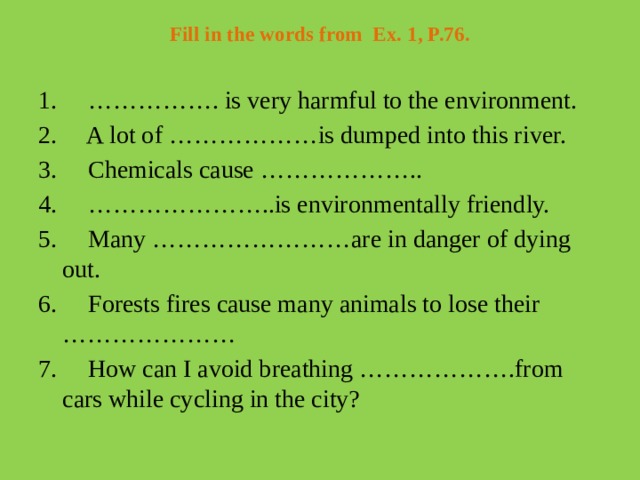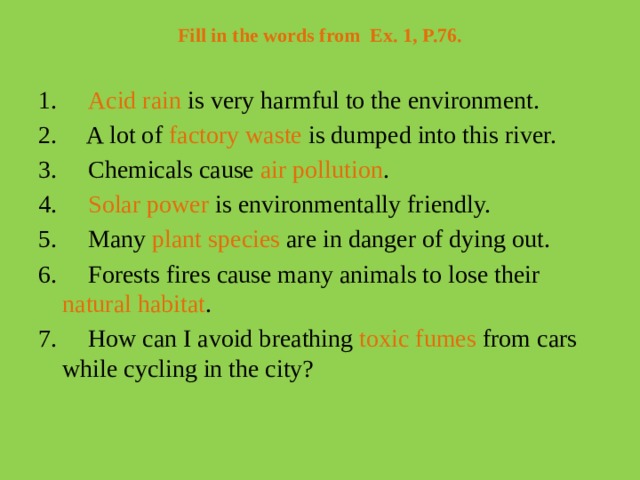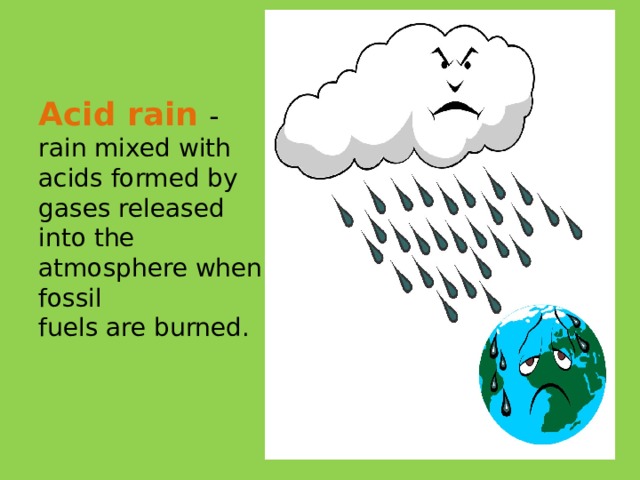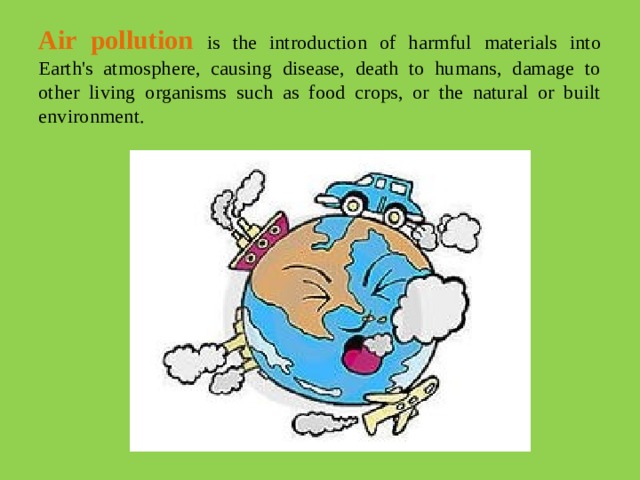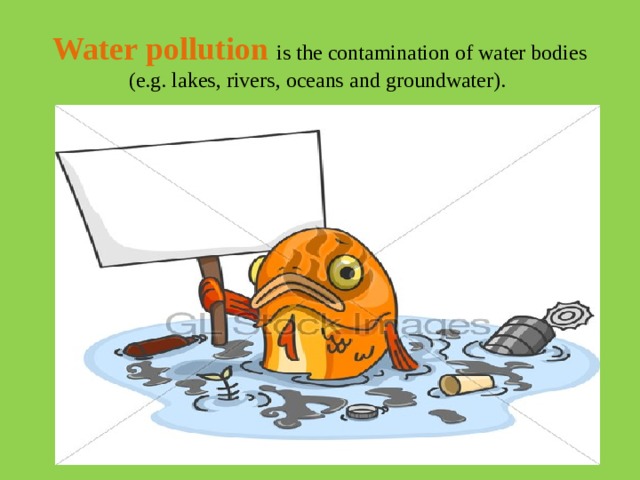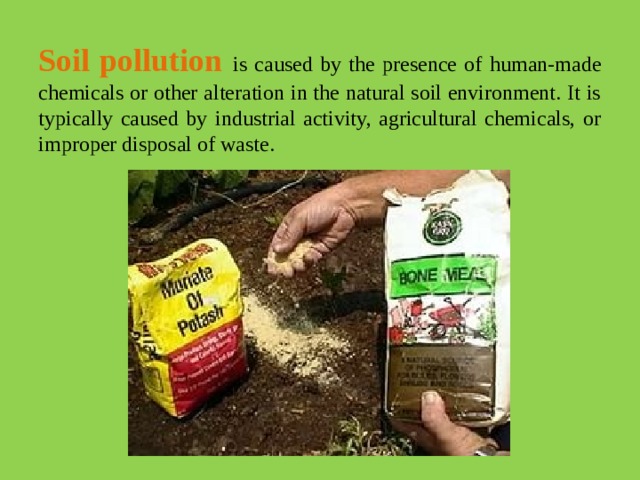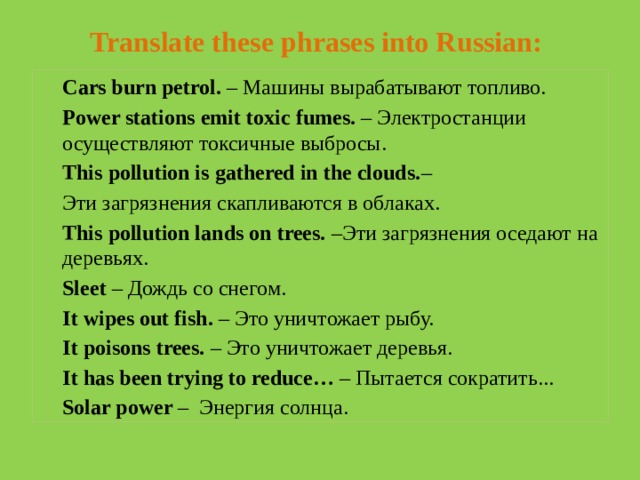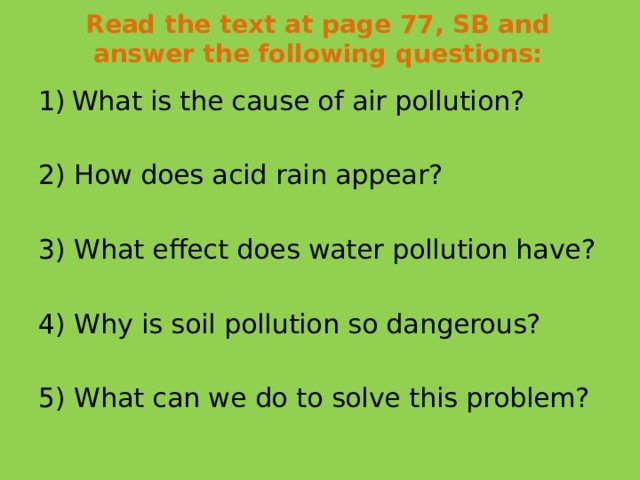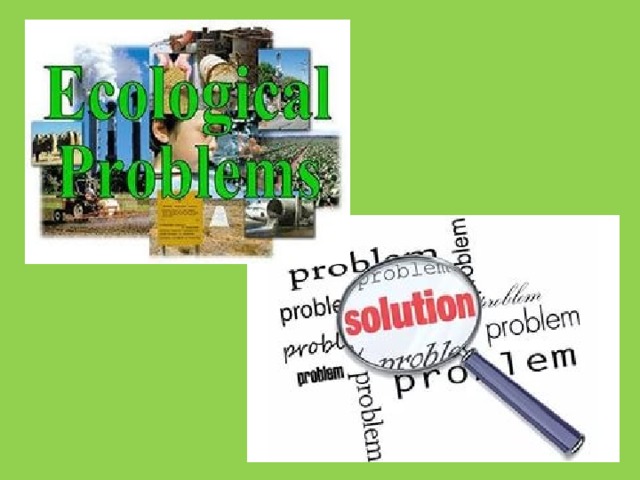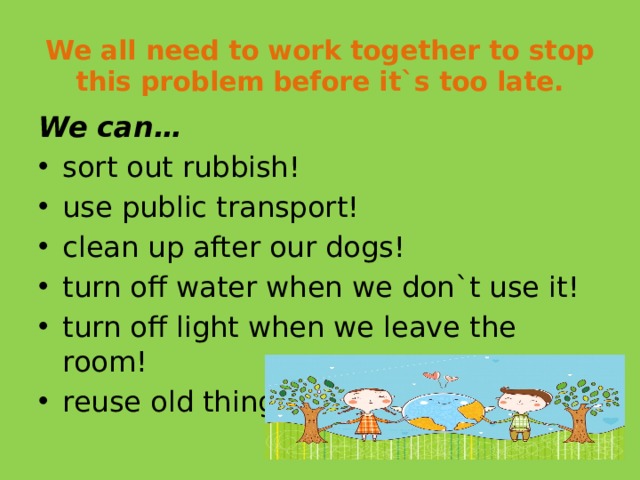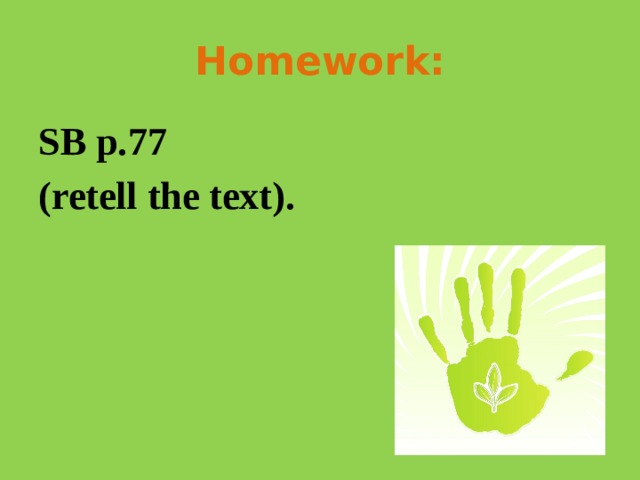Тип урока: ознакомление учащихся с новым материалом. Цель урока: Развитие языковой компетентности учащихся по теме «Окружающая среда». Задачи: формирование умений чтения, аудирования,говорения, грамматики. Ключевые слова: save, reduce, pollute, harmful, habitat.
Создайте Ваш сайт учителя Видеоуроки Олимпиады Вебинары для учителей
Spotrlight 7 Module 8a Save the Earth
Вы уже знаете о суперспособностях современного учителя?
Тратить минимум сил на подготовку и проведение уроков.
Быстро и объективно проверять знания учащихся.
Сделать изучение нового материала максимально понятным.
Избавить себя от подбора заданий и их проверки после уроков.
Наладить дисциплину на своих уроках.
Получить возможность работать творчески.
Просмотр содержимого документа
«Конспект урока»
Просмотр содержимого документа
«Раздаточный материал»
Просмотр содержимого презентации
«Spotrlight 7 Module 8a Save the Earth »
Полезное для учителя
Распродажа видеоуроков!
1860 руб.
2660 руб.
2160 руб.
3080 руб.
1940 руб.
2770 руб.
1860 руб.
2660 руб.
ПОЛУЧИТЕ СВИДЕТЕЛЬСТВО МГНОВЕННО
* Свидетельство о публикации выдается БЕСПЛАТНО, СРАЗУ же после добавления Вами Вашей работы на сайт
Удобный поиск материалов для учителей
Проверка свидетельства
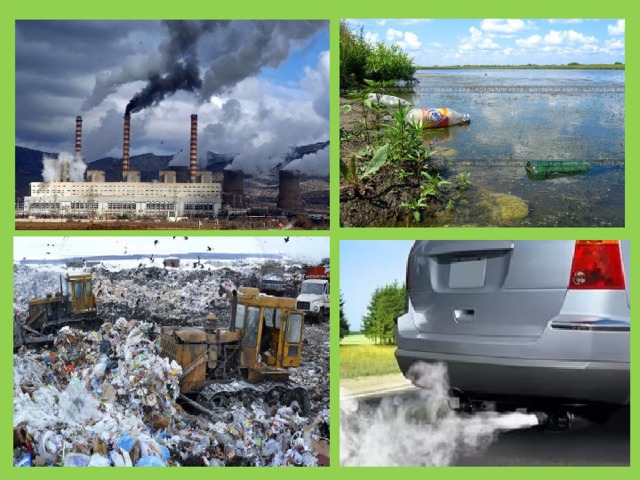
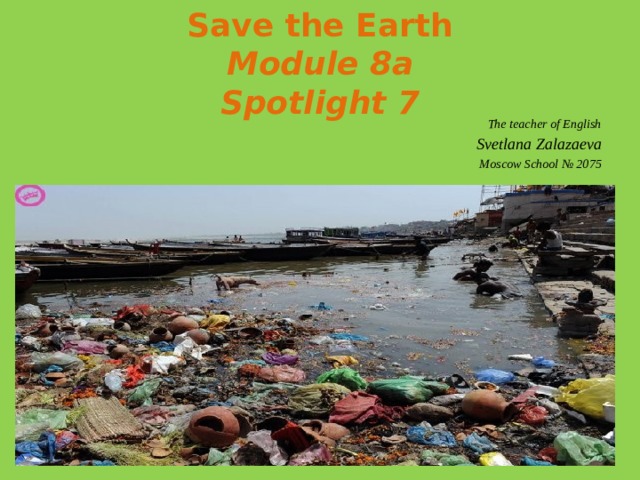
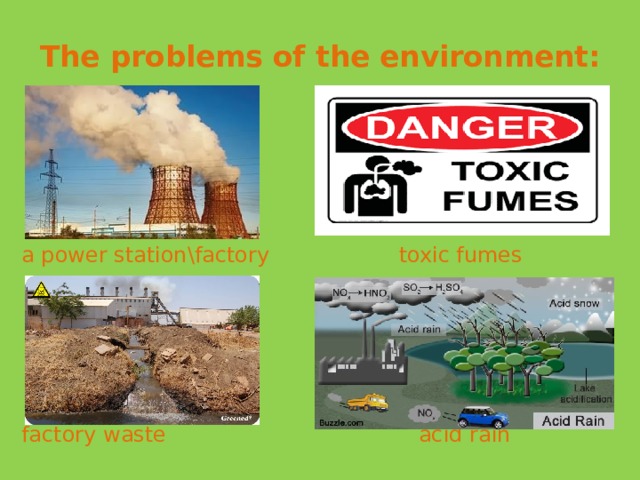
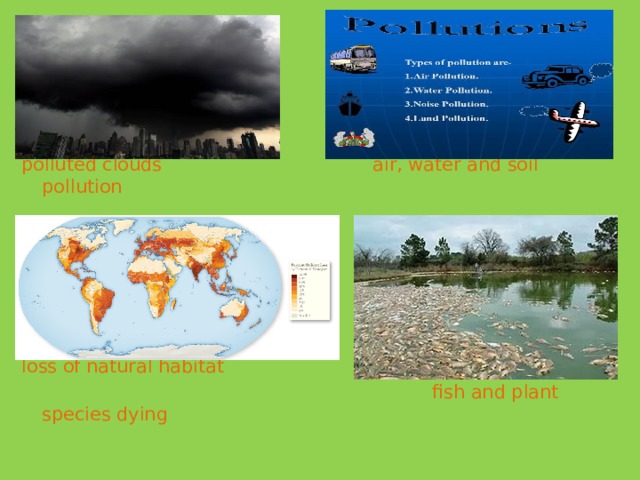
![1 2 a power station/factory factory waste 3 ['pauə] ['steɪʃ(ə)n] acid rain ['fækt(ə)rɪ][weɪst] электростанция 4 5 отходы производства ['æsɪd] polluted clouds air, water and soil pollution кислотный дождь 6 [ pəˈluːtid klauds ] 7 toxic fumes загрязненные облака [ɛə ˈwɔːtə ənd səʊl pəˈluːʃn] petrol 8 ['tɔksɪk][fjuːm] загрязнение воздуха, воды, почвы to emit 9 токсические выбросы ['petr(ə)l] [ɪ'mɪt] бензин to gather 10 выбрасывать oxygen 11 [ˈɡæðə(r)] atmosphere 12 собирать ['ɔksɪʤən] 13 to land ['ætməsfɪə] кислород sleet [lænd] 14 атмосфера wipes out 15 [sliːt] оседать, приземляться дождь со снегом poison 16 [waɪp] 17 cause истреблять, уничтожать ['pɔɪz(ə)n] 18 damage [kɔːz] яд, отравлять to reduce 19 причина ['dæmɪʤ] [rɪ'djuːs] вред harmful 20 сокращать solar power 21 ['hɑːmf(ə)l] environment вредный [ˈsəʊlə(r) ˈpaʊə(r)] солнечная энергия [ɪn'vaɪər(ə)nmənt] окружающая среда](https://fsd.kopilkaurokov.ru/up/html/2021/05/26/k_60ae70b4a1aff/img_user_file_60ae70b5564ad_0_4.jpg)
